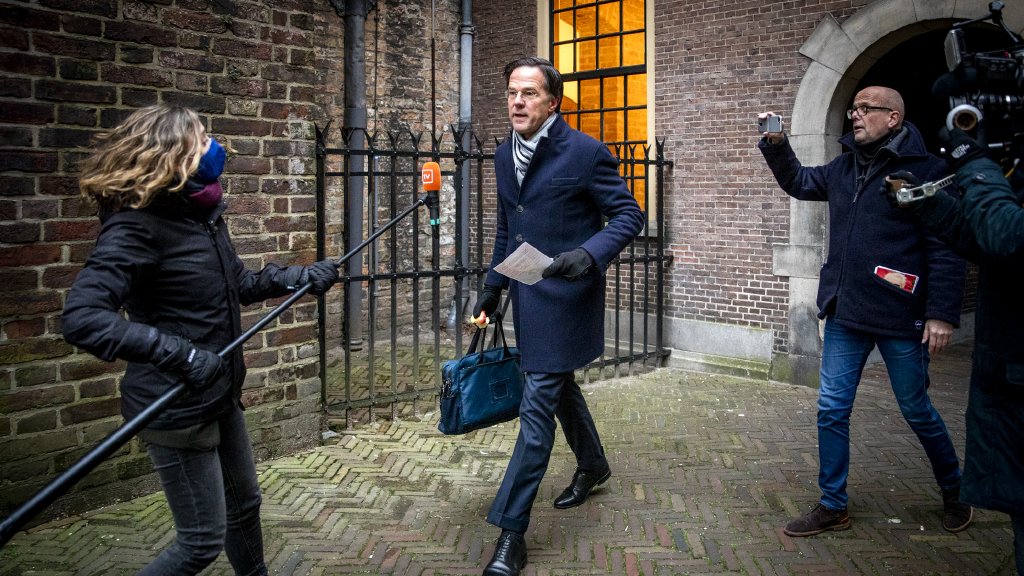The Dutch government yesterday announced new, stricter measures to protect against the increase in Covid-19 infections in the country.
The Netherlands, like other countries including Belgium, is currently undergoing a growth in the number of Covid infections and hospital admissions, forcing the government of caretaker prime minister Mark Rutte to take measures.
But at the same time, he called on his compatriots to remain reasonable.
"Because everything that has to do with corona leads to more and more discussion in society," he said.
"The longer it takes and the more often we have to deal with a new wave of infections, the more complicated it becomes to follow the rules. We must continue to do this together, and above all with a little understanding for everyone's opinion and for everyone's situation, with a little mildness towards each other."
The following measures come immediately into force:
social distancing of 1.5m minimum;
working at home (where possible) for at least half the time;
avoid crowded places and rush hours if possible.
Other measures are introduced this coming Saturday:
the use of the corona pass is extended to museums and fairs, cafe and restaurant terraces, theatre presentations and organised sport for over-18s;
face masks must be worn in all indoor spaces accessible to the public, such as shops, as well as all contact professions with the exception of sex workers.
"Too many people are getting sick in too short a time, and also too seriously," said health minister Hugo De Jonge.
"The vast majority of patients in hospitals have not been vaccinated. The inconvenient truth is that the vast majority of these patients would not have needed to be there if they had been vaccinated. We owe it to each other to keep healthcare accessible to everyone," he added.
And if the tide does not turn and the numbers keep rising, he promised further measures:
introduction of the corona pass on the work-floor, but on a voluntary basis;
the corona pass required in zoos, amusement parks and non-essential shops.
And he announced the decision to launch a booster-jab campaign. Beginning in December a booster shot will be given to the over-80s and care workers, while those aged 60 to 80 can receive their booster later. For the under-60s, the campaign will continue once all other categories are dealt with.

